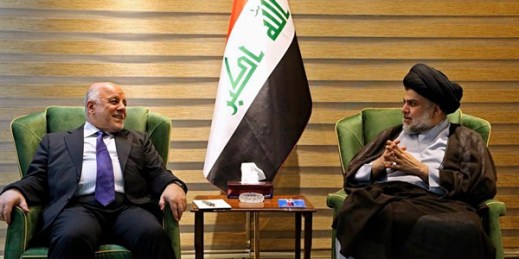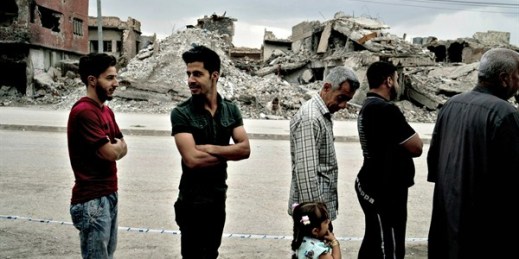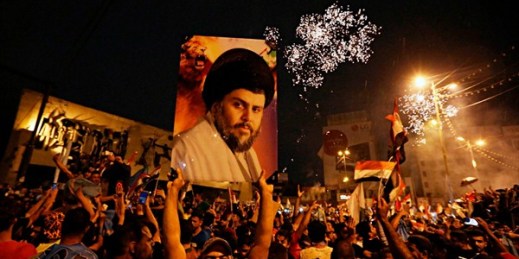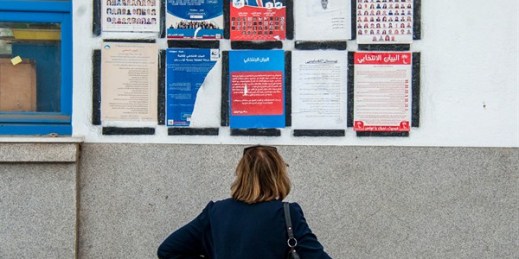
To judge by much of the expert commentary so far, last week’s parliamentary elections in Iraq were a setback for the United States. The winning coalition, led by the cleric Muqtada al-Sadr, has been viewed as anti-American—but also not quite pro-Iranian, given Sadr’s reinvention as an Iraqi nationalist. The affable incumbent, Prime Minister Haider al-Abadi, came in third, behind an explicitly pro-Iranian coalition. It usually takes Iraq many months of bargaining to actually form a new government. In the 2014 elections, it took about four months; in 2010, it took nearly nine months. So it isn’t yet clear who will […]



